Welcome to our “Ask Dr. Paola” series, where every Monday we bring expert advice straight from Dr. Paola Cuevas (MVZ) to help our readers better understand their cat’s health and well-being.
Whether you’re a new pet parent or a seasoned cat lover, Dr. Paola is here to provide answers to your most pressing questions. From nutrition tips and preventive care to troubleshooting common behavioral issues, Dr. Paola is ready to offer insights that will keep your kitty happy, healthy, and feline fine. Stay tuned for expert guidance on a range of topics that matter most to you and your cat, so you can make informed decisions and provide the best possible care for your furry companion.
Have a question? Send it in here!

Help! My Cat Won’t Cuddle!
“Dear Dr. Paola,
My cat Isabella is a little over one year old and is settling into her new home. She used to be a feral outdoor cat. Sometimes she’ll let me pet her and cuddle with her (usually on the bed at night), but often not during the day. But she loves to be pet by my feet, and will rub against them most of the time. Why? “– Melanie
Hi Melanie,
Welcome to a very special stage in Isabella’s life: she’s learning to trust, and that’s a beautiful journey to witness. What you’re describing is actually very typical for cats who’ve lived outdoors and are adjusting to a domestic environment. Isabella’s behaviors, especially her preference for petting near your feet and her nighttime cuddles, are signs of trust building at her own pace.
Cats who were previously feral often feel safer with low, indirect interactions. Your feet are less intimidating than your hands or your face, which may feel more confrontational, especially during the day when the house is busier and brighter. Approaching your feet allows Isabella to initiate contact on her terms, and rubbing against them is part of how cats mark familiar, comforting territory with the scent glands located in their cheeks. At night, when the world is quieter and the environment (including your behavior) feels more predictable, her comfort level rises enough for closer snuggles. This rhythm is entirely normal and a sign that she’s gradually integrating her instincts with her new home life. I know of many cats who retain this preference for sleeping by their owner’s feet, especially at bedtime, throughout the years. Believe me when I say you will miss this perfect foot warmer whenever you need to travel and can’t bring Isabella with you.
Continue to allow her to lead interactions while reinforcing positive experiences through calm and consistent routines. Hand-feeding her treats can help her associate your hands with positive outcomes. Respecting her boundaries while celebrating these small moments of affection will strengthen your bond over time. If you ever feel unsure about her progress or would like tailored behavioral support, feel free to book a call with us at PangoVet. We would be happy to offer insight and tips to help her slowly open up to your interactions and her new place in your family.
Best wishes,
Dr. Paola

If you'd like to talk with a vet, like Dr. Paola or one of our other expert veterinarians, you can head over to PangoVet. It's our online service where you can talk with a vet online and get the advice you need for your cat — all at an affordable price!
Catster reader exclusive deal: Save 65% on your first call, use code ASKDRPCATSTER65 at checkout.


Help! I Think My Cat is Obsessive-Compulsive!
“I have another question about my cat, Rayne. I feel sometimes that he might be a little obsessive-compulsive. For example, he’s always digging in the air near his food dish. I know that they have that instinct when they are in the wild and they’re trying to hide their food from other animals. There are no other animals in our household, but he’s doing it
quite obsessively now.He’s also digging at my bedsheets, not making a spot to sleep, but just digging. During the night, he also goes into a kind of mating ritual. I think I read that that has something to do with having testosterone still in him, but he is neutered. He’s going to be five years old in August, so I thought that by now, that would have subsided. Do you have any idea about any of these behaviors?” – Charmaine
Hi Charmaine,
It sounds like you’re very in tune with Rayne’s behavior, which is so important when supporting a cat with strong instinctual drives or lingering behavioral patterns. The air-digging near his food and the repetitive digging at your sheets are both behaviors rooted in natural feline instincts. Many cats will “bury” their food, even in a domestic setting, mimicking caching behavior meant to hide resources from potential competitors. The sheet digging can be a comfort behavior or a sign of increased arousal, especially if he’s doing it frequently or with intensity, outside of the usual nesting or settling routine.
Now, regarding the mating-like behaviors and the concern about lingering testosterone, it’s important to note that after neutering, circulating testosterone typically declines significantly within a few weeks, often between 4 to 6 weeks post-surgery. However, if Rayne was neutered as an adult or shows persistent signs that resemble sexual behavior months or even years later, it’s wise to consider the rare but clinically significant possibility of retained testicular tissue. This condition, known as cryptorchidism, occurs when one or both testicles fail to descend properly and remain in the abdomen or inguinal canal. If functional testicular tissue is present, it can continue producing testosterone and trigger hormone-driven behaviors.
If Rayne was neutered early and has shown these behaviors consistently since kittenhood, they may be more habitual or behavioral than hormonal. However, it is important to note that even neutered males can retain some sexual behaviors, especially if they were neutered after reaching sexual maturity. However, if these behaviors emerged or worsened long after surgery, a physical exam, along with hormonal testing (such as measuring serum testosterone or LH levels), might help rule out the presence of residual testicular tissue.
I hope this helps!
– Dr. Paola

I Need to Get Rid of Cockroaches but I Am Worried About Chemicals Around My Cats!
“Hello Dr. Paola,
I have a bad cockroach infestation, but I don’t want to use harsh chemicals because of my indoor cats, Bronx and Milagro. What do you recommend?” – Vicky
Hi Vicky,
Cockroach infestations can be frustrating, especially when you’re trying to protect Bronx and Milagro from exposure to harsh chemicals. Fortunately, it is possible to manage the situation effectively with a targeted, pet-safe approach. The first and most important step is a thorough deep clean. Roaches rely on access to food and water, so keeping your home spotless makes a significant difference. Clean behind appliances, inside cabinets, and under sinks, and make sure to take out the trash nightly. Even crumbs or a small spill can attract them.
For safe and effective control, food-grade diatomaceous earth can be a helpful tool. This fine powder works by damaging the outer shell of cockroaches, leading to dehydration. It must be applied in very thin layers along baseboards, behind appliances, inside cabinet cracks, and in other areas where cockroaches travel. While food-grade DE is safer than the pool type and is generally not toxic if a small amount is licked off a cat’s paw, it is still best to keep Bronx and Milagro out of treated areas. Inhaling the fine dust or ingesting more than a trace amount can lead to mild digestive or respiratory irritation. Also, please keep in mind that when applying food-grade diatomaceous earth, it’s best to wear a mask, gloves, and eye protection, as the fine powder can easily become airborne and may irritate the eyes, throat, or lungs if inhaled in enclosed spaces. Once it settles into a thin layer and treated areas are kept off-limits to the kitties, the risk of exposure significantly decreases.
Place some sticky traps in strategic locations that Bronx and Milagro cannot access, such as under appliances or inside closed cabinets, to help monitor and reduce roach activity.
If the infestation is more advanced, gel baits containing fipronil or indoxacarb may be useful, but these must be placed only inside sealed bait stations or in areas that are completely inaccessible to your cats, such as inside locked cabinets or under sinks with child-proof latches. Should the situation continue despite these efforts, professional pest control is an option, but be sure to inform them that you have indoor cats. Many companies now offer Integrated Pest Management, which uses low-toxicity, targeted strategies that minimize risk to pets. Finally, keep an eye on Bronx and Milagro during this time, especially if they tend to hunt insects. Eating cockroaches that have walked through treated areas could lead to digestive upset. Keeping them out of infestation zones during treatment is the safest choice.
Sincerely,
Dr. Paola
- Read last weeks questions here – July 7, 2025
- Find the full list of past articles here
- Click here to submit a question
- Sign up for our weekly newsletter below to get Dr. Paola’s advice sent straight to your inbox






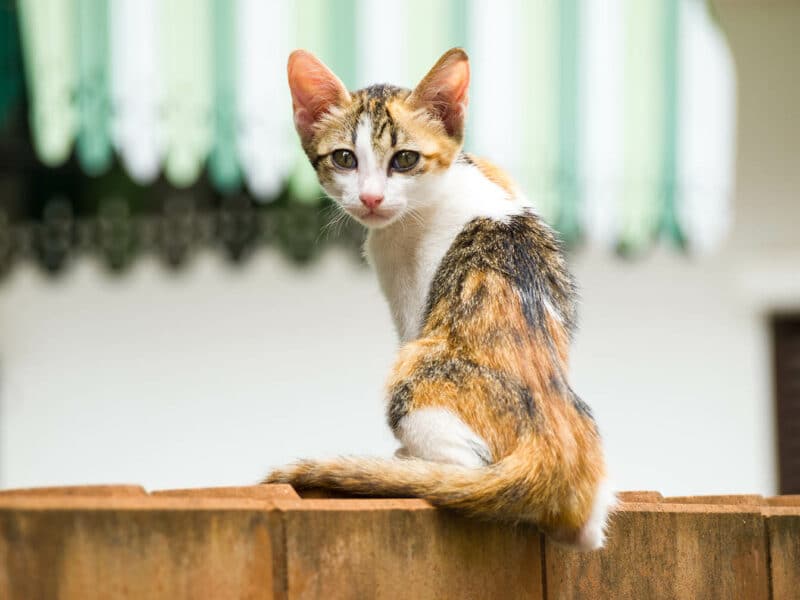


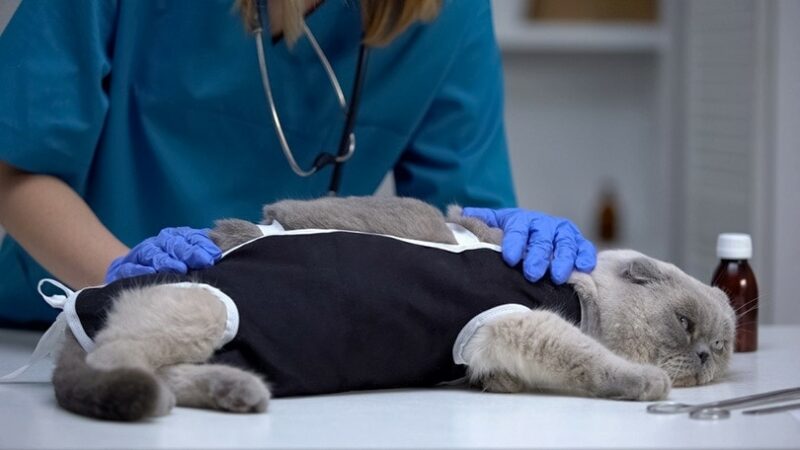

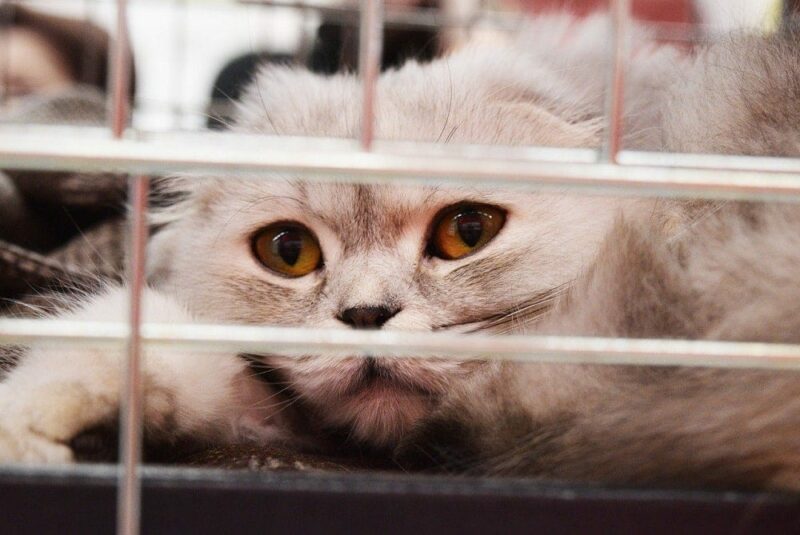

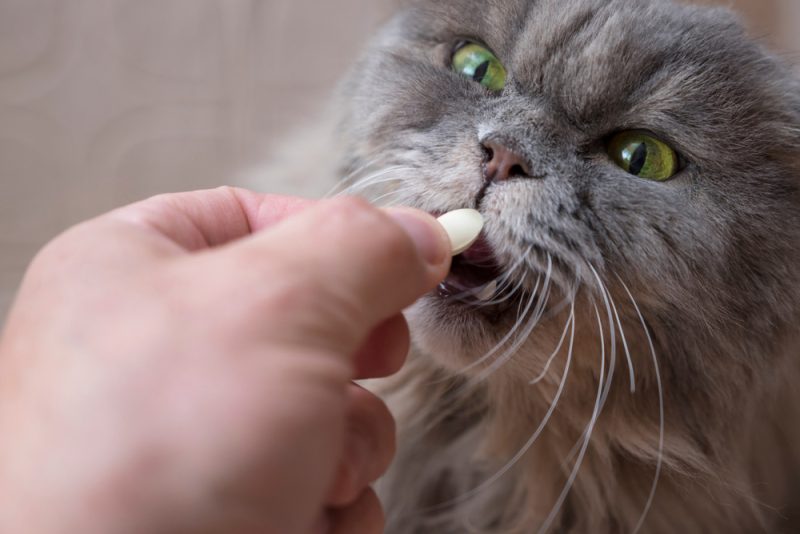

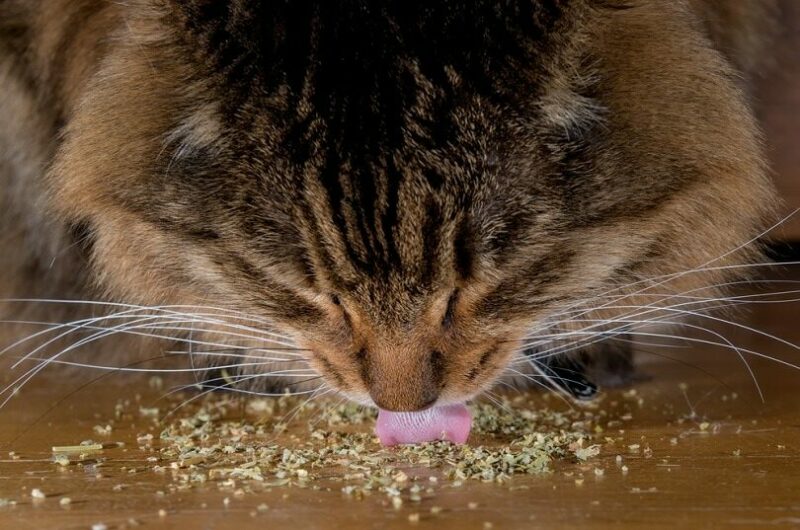
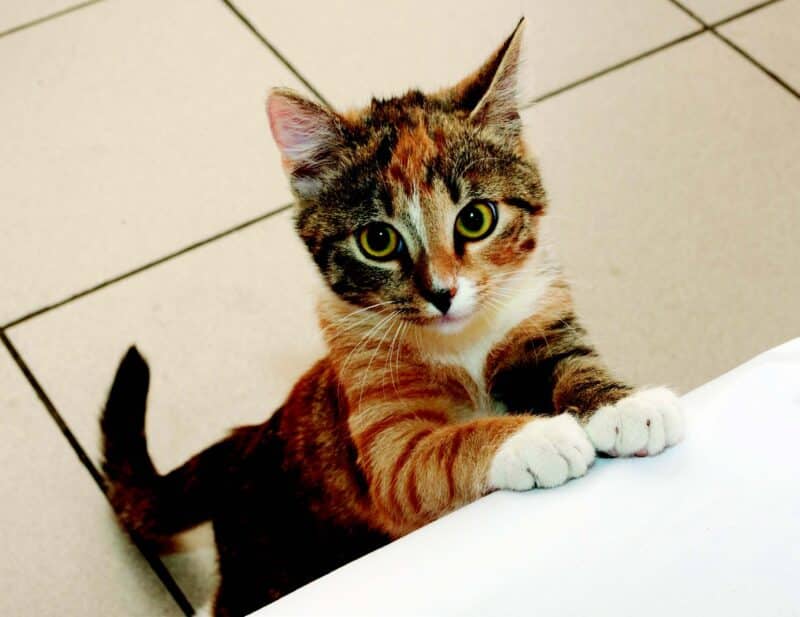
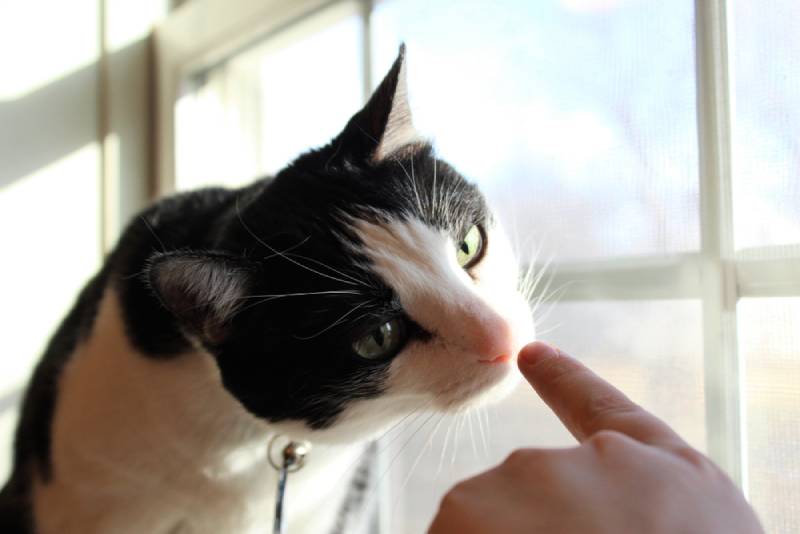

2 Responses
Thank you again for your expert advise on my questions about Rayne’s behavior.
Hi Charmaine, thank you very much for reading us. We are happy Dr. Paola’s advice helped you and your cat. She will be happy to hear about this comment.